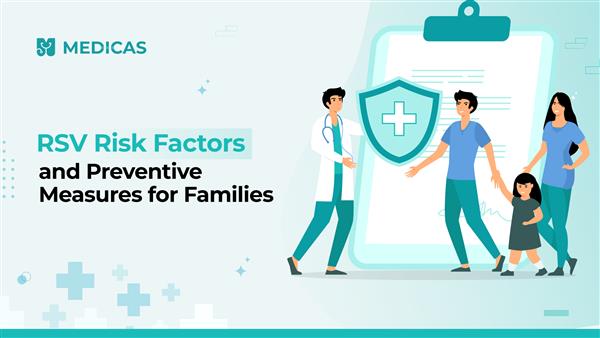Respiratory Syncytial Virus (RSV) is one of the leading causes of lower respiratory infections in infants and young children around the world. However, it can also affect adults, particularly the elderly and those with weakened immune systems. Understanding its risk factors and preventive measures is essential to protect your loved ones from serious complications.
What is RSV?
RSV is a contagious virus that affects the lungs and airways. It spreads easily through coughing, sneezing, or touching contaminated surfaces. While most people recover within a couple of weeks, infants, older adults, and individuals with chronic conditions may experience severe infections like bronchiolitis or pneumonia.
Who is at Risk?
Infants under six months, premature babies, and children with heart or lung problems are more vulnerable. Adults with chronic illnesses, smokers, and elderly individuals with weakened immunity are also at higher risk of developing serious RSV-related complications.
Preventive Measures for Families
- Wash hands frequently with soap and water.
- Avoid close contact with people showing cold-like symptoms.
- Regularly disinfect toys, doorknobs, and household items.
- Cover your mouth and nose when coughing or sneezing.
- Encourage breastfeeding in infants to strengthen immunity.
- Avoid crowded places during RSV season.
When to Seek Medical Help
Seek medical attention immediately if your child has rapid breathing, wheezing, bluish lips, or signs of dehydration. Early diagnosis and timely treatment can prevent complications.
RSV may seem like a common cold, but for vulnerable family members, it can be life-threatening. Practicing good hygiene, staying alert to symptoms, and consulting a doctor early are key to keeping your family safe.
https://medicasapp.com/blogs/respiratory-syncytial-virus-symptoms-prevention





Comments